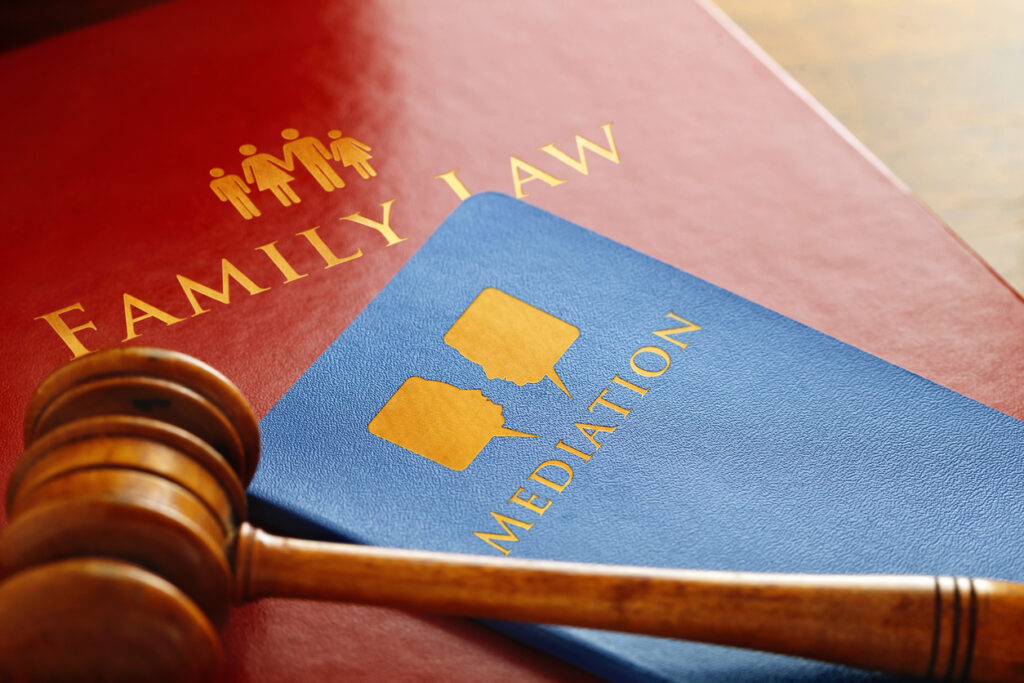
I Have an Individual Bank Account… Is It Joint Property?
 As you probably already know if you are going through a divorce, joint bank accounts = joint property. Many people question whether or not they should remove their half of the money when they have a joint bank account, but what about those who have an individual account? Is your spouse entitled to any of the money in it? Today we will answer this question and so much more.
As you probably already know if you are going through a divorce, joint bank accounts = joint property. Many people question whether or not they should remove their half of the money when they have a joint bank account, but what about those who have an individual account? Is your spouse entitled to any of the money in it? Today we will answer this question and so much more.
My Bank Account: Is it Joint or Separate?
The truth is, in marriage, something may not be individual after all. There have been many times where somebody asked their attorney if they were entitled to the money in their personal account, only for the attorney to tell them that the name on the bank account does not determine if the bank account is separate property or not.
States divide property based on whether or not it is marital or separate property. If the court determines your bank account to be marital property, then it could be divisible between you and your spouse. Separate property usually encompasses the property that a spouse had before the marriage or given to them as a gift. The reason why some separate property quickly becomes marital property is because of a term called “commingling.” For example, you may receive an inheritance from somebody but deposit it into the same bank account that you share with your spouse. Over time, it becomes indistinguishable from your other money, so it becomes marital property you share with your spouse.
Because cases like these happen so often, you should always be able to prove where certain funds came from and that you were entitled to them in full. Just because something has the name “individual” or “joint” on it, does not mean that you are always entitled to every cent within the account. Instead, it has to do with the character of the money inside the account. These cases can sometimes become difficult matters, which is why it is important to speak to an attorney about your case. Call us today, we are waiting to hear from you.
